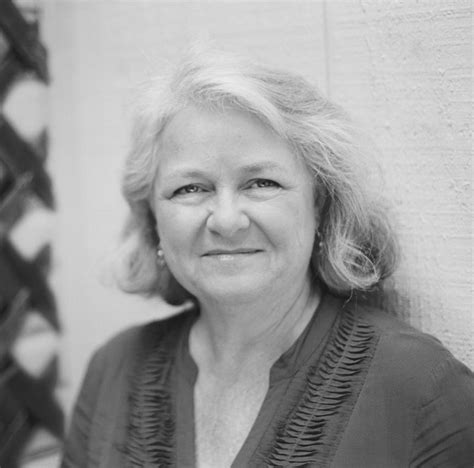A Quote by Paul Saffo
Before the iPhone, cyberspace was something you went to your desk to visit. Now cyberspace is something you carry in your pocket.
Related Quotes
Take cyberspace as an example. We had this wonderful utopian vision of a new home for the mind. What we've reaped isn't cyberspace. It's cyberbia. It's this vast, bland wasteland of vulgar people and trivial ideas and pictures of half-naked starlets. But despite all the uncertainty, has there ever been a more fascinating moment to be alive?
In cyberspace, we get many fewer cues about the emotional states and attitudes of the people we're talking to. That makes it less interesting, easier to mis-communicate, and more likely to destroy trust. So you need to treat cyberspace with care, especially being aware of the fragile nature of trust in the virtual world.
The simulator is the stage in-between television and virtual reality, a moment, a phase. The simulator is a moment that leads to cyberspace, that is to say, to the process because of which we now have two bottles instead of one. I might not see this virtual bottle, but I can feel it. It is settled within reality. This explains why the word virtual reality is more important than the word cyberspace, which is more poetic.
There is a regulation of behavior on the Internet and in cyberspace, but that regulation is imposed primarily through code. The differences in the regulations effected through code distinguish different parts of the Internet and cyberspace. In some places, life is fairly free; in other places, it is more controlled. And the difference between these spaces is simply a difference in the architectures of control--that is, a difference in code.
Now everyone's main objective of taking photographs is to have a photograph for Twitter or Facebook. I find that troubling. If you have an opportunity to meet the Dalai Lama, don't work out your camera or iPhone issues. Sit and a listen to what the man is saying, because nine times out of 10, you're not going to look at that photo. You're not going to look at the video. As a photographer, I don't carry a camera. I have my iPhone, but I don't carry a camera. I want to live.
There was a sergeant at a desk. I knew he was a sergeant because I recognized the marks on his uniform, and I knew it was a desk because it's always a desk. There's always someone at a desk, except when it's a table that functions as a desk. You sit behind a desk, and everyone knows you're supposed to be there, and that you're doing something that involves your brain. It's an odd, special kind of importance. I think everyone should get a desk; you can sit behind it when you feel like you don't matter.
I love a vision board. I have one hanging over my desk right now. Because what you see, you become, and it reminds you when you start getting busy in the day, about your vision. I like words more than pictures. I have a card sitting on my desk right now that says, "I only give out that which I wish to receive in return." It's one of Louise Hay's cards. Words remind me more and it gives me something to hold onto when I'm frantic about something else.


































